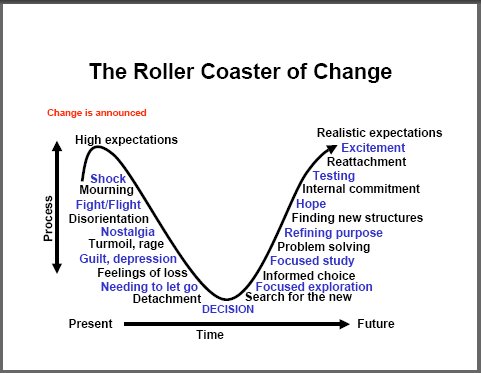|
Transformational LeadershipA Leader Who Trusts Her Team and Inspires Change
Transformational leadership theories are based on the idea of some form of collaborative greater good... “...when they generate awareness and acceptance of the purposes and the mission of the group and when they stir their employees to look beyond their own self-interest for the good of the group”. [Bernard Bass 1990] Bass took the perspective that they transform their followers by:
Integrity and consistency required
This leadership style is often seen in military commanders and wartime prime ministers. It requires absolute integrity and personal behaviour that is consistent and resonant with your vision and message. I can recall a ridiculous situation, at one UK company I was involved with, where the directors were attempting to effect a culture change of greater inter-departmental trust and communication yet still retained a separate directors dining room and specially allocated car parking places closest to the office front door!
Leaders focus on change or transition
For this to be possible, the leader needs to take account of the impact of change on their people and especially the transitions that they have to move through if the change is to be successful. William Bridges focuses on transitions and the psychological changes that lie behind behind significant organisational change. He maintains that the situational changes are not as difficult for companies to make as the psychological transitions of the people impacted by the change.
 These emotional and psychological stages of transition are very well illustrated in the roller coaster of change. These emotional and psychological stages of transition are very well illustrated in the roller coaster of change.
Working successfully with the energy of change
An example of this would be the way in which Lady Thatcher - as Prime Minister of the UK Government during the Falklands War in 1982 - was able to engender an enhanced feeling of British national identity amongst the UK population. At times of organisational change, and especially step change, people feel insecure, anxious and low in energy. It is the responsibility of the director leading the change to supply an infusion of positive energy. This is even more necessary during the current economic climate.
The benefits of transformational leadership
Further resources
For a more detail and further resource check out Richard Cox's excellent site www.transformationalleadership.net
8 FREE Introductory Lessons from Practitioners Masterclass - HERE Return to "Leadership versus management
|





